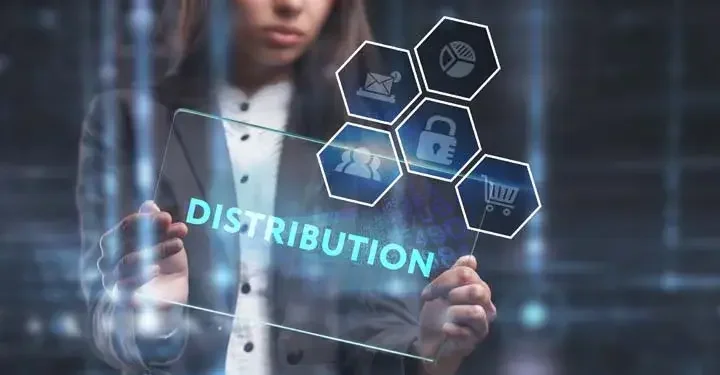You've just created your newest cinematic, musical, or artistic masterpiece and want to share it with the world—and hopefully start earning some money. If you're like most digital-media creators, you'll be dealing with distributors and distribution platforms specifically designed for handling your medium. That means you need to know and understand your digital distribution rights.

Copyright law
Copyrighting your digital media and protecting your rights to it is relatively easy—so easy, in fact, that you automatically own the copyright as soon as you create an original work. As the copyright owner, you have the exclusive rights to:
- Reproduce the work
- Perform the work publicly
- Display the copyrighted work
- Prepare derivative works based upon the work
- Distribute copies of the work
You are not required to register your copyright, but you should so that you have a greater level of protection if someone illegally uses your work without your permission. The added benefits of registering your copyright include:
- The right to sue someone for copyright infringement
- Evidence that your copyright is valid
- Statutory damages and attorney's fees in a copyright infringement case
- A public record of you as the copyright owner
Digital distribution and rights
As part of the digital distribution process, you need to give permission to companies to distribute your digital work. Once they have your formal permission, which comes in the form of a digital distribution license, they become digital distribution rights holders and cannot be sued for copyright infringement. As the copyright holder, you receive payment, or royalties, from each sale or download of your work. The digital distributor also makes money off your work.
Not all digital distribution rights have to be licensed to just one digital platform. For example, you can license the digital distribution rights geographically, such as separate distributors in the United States, Europe, and Asia.
The digital distribution process
Understanding your digital distribution rights starts with understanding the distribution process itself. Digital distribution is the delivery of content such as books, movies and TV programs, music, software, and video games via media-specific channels, platforms, and devices. The content can either be downloaded or streamed. Besides the content creator, the two main parties involved are platforms and distributors, sometimes referred to as aggregators. The distribution of digital work involves movement through several channels, beginning with the distributor, then the platform, and finally to the end user, or consumer.
As intermediaries between the content creator and the higher-profile distribution platforms, distributors provide curated content as a service to the platforms, who in turn make the content available to their customers and subscribers. Digital distributors are also responsible for ensuring that royalties are passed back to the content creator.
Digital distribution platforms are places consumers go to stream or buy content, such as films and music. They have a built-in audience in the form of either customers or subscribers. Some of the more popular digital distribution platforms include iTunes, Spotify, Pandora, Netflix, and Hulu.
Free digital distribution occurs when the content creator submits their own work directly to the platforms that service their medium. However, most platforms do not accept direct submissions because they usually have agreements with digital distributors who curate content for them.
Distributing your work is an exciting time. Arming yourself with an understanding of your rights is the first step in protecting your work.

